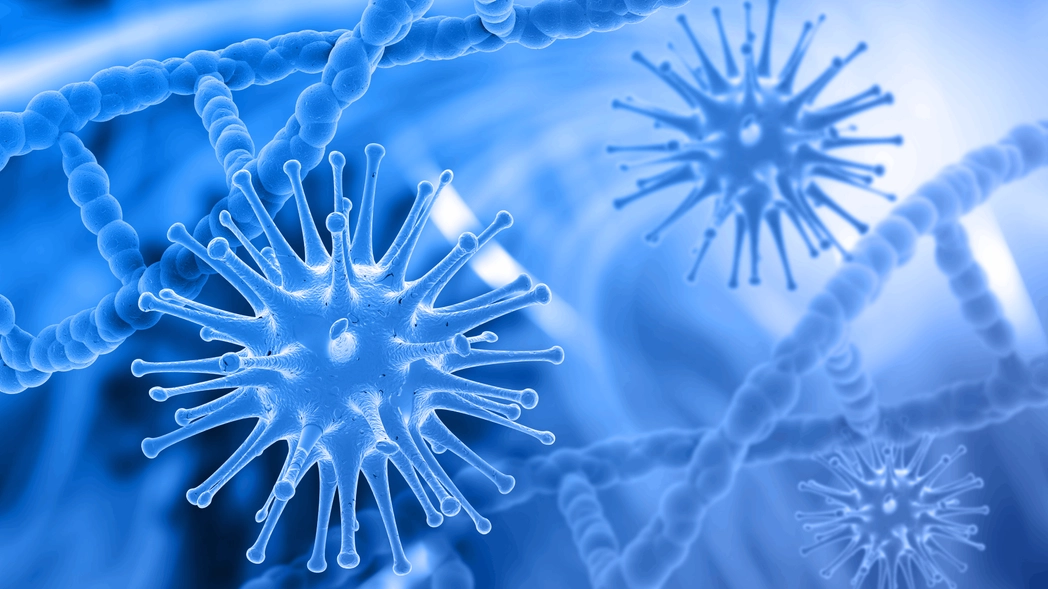Biofilm – colonies of bacteria in the form of a thin, slimy layer – presents in many environments on the Earth, including the human mouth. Our oral microbiome contains about 700 different species of microbes, some of which are dangerous pathogens that can cause inflammatory diseases. So, it is crucial for dental health to remove this biofilm by brushing our teeth.
Still, sometimes, it's hard to wipe it in remote places of the oral cavity. Hence, we need to take a special approach to clean it effectively. Fortunately, researchers from the University of Carolina found one – they discovered a molecule that disrupts important bacteria' physiological mechanism, preventing biofilm formation.
What did exactly scientists find?
Bacteria have so-called fimbriae – a special protein structure that allows them to attach themselves to surfaces, after which they start to secrete a protective matrix. This anchoring is a crucial step in biofilm formation that protects pathogens from antibiotics and cleaning agents.
Researching this issue, scientists studied metabolites – these molecules are necessary for essential compound production inside plant cells and bacteria. Plant metabolite MEcPP is also responsible for protective reactions, and scientists found that it has one more distinctive feature – inhibition of some microbes such as E. coli – a common representative of the oral biofilm.

As it turned out, this molecule targets bacteria's fimE gene that "switches off" fimbriae protein production, thus preventing biofilm development.
Why it's important?
First of all, medicine can adapt this discovery to domestic usage; for instance, we can produce mouth washers with these metabolites as preventative measures to maintain good dental health.
In addition to our teeth, bacteria can also occupy prostheses (not only in dentistry), and it's crucial to prevent biofilm from spreading in such cases, as they may lead to severe complications.
Additionally, such microbes' layers may cause material corrosion in different manufacturers, so this approach may also serve as an additional preventative measure in various industries.





